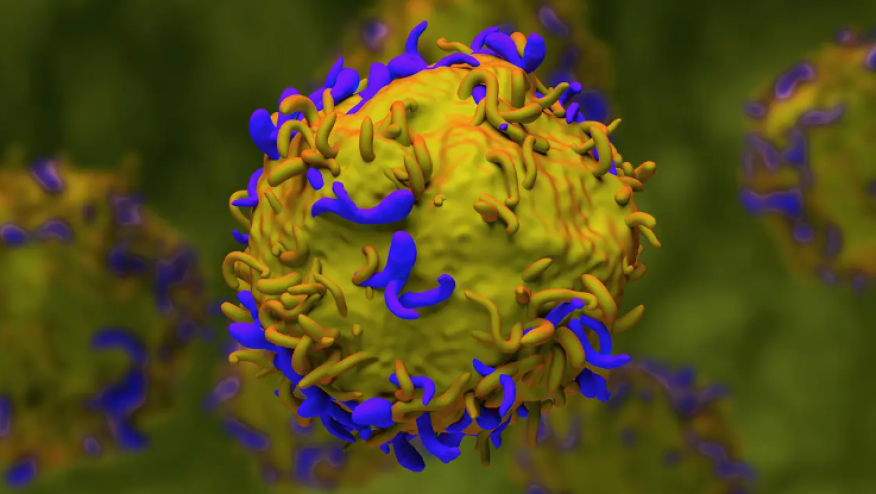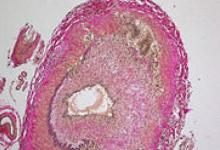The Rapidly Evolving Landscape of Cellular and Immune-based Therapies Save

When Henry Ford unveiled the Model T in 1908, the automobile industry was forever changed. A similar transformation is now underway in rheumatology, where cellular and immune therapies are redefining how we treat autoimmune diseases.
For decades, biologic and targeted synthetic DMARDs have offered disease remission or low disease activity, but at the cost of long-term immunosuppression. Cellular therapies, notably chimeric antigen receptor (CAR) T cells, are shifting the paradigm by engineering a patient’s own T cells to eliminate autoreactive B cells. This is followed by repopulation of naïve B cells, which establishes an immune “reset.” The manufacturing process of these immune cells continues to evolve, leading to faster, more accessible therapies.
Engineering a patient’s own T cells can be time-intensive and laborious. Abstract 0663 presents an off-the-shelf approach, using T cells derived from a bank of induced pluripotent stem cells. In this Phase 1 dose-escalation study, all patients tolerated treatment without dose-limiting toxicity. Within one to three months, participants demonstrated both disease remission and improved patient-reported outcomes (SLEDAI-2K and FACIT-Fatigue). Moreover, the B-cell repertoire shifted toward a naïve phenotype within the first three months and remained stable for up to a year, an early signal of immune reset.
Abstract 2696 evaluated rapcabtagene autoleucel (YTB323) in refractory systemic lupus erythematosus. This “rapid-manufacture” CAR-T platform can engineer autologous T cells within days rather than weeks. Following infusion, patients experienced swift B-cell depletion with recovery by day 90. At six and twelve months, re-emerging B cells again displayed a naïve phenotype—evidence of durable immune reprogramming.
While cytotoxic CAR-T cells seek and destroy pathogenic B cells, CAR-T-regulatory (CAR-Treg) therapies represent a novel approach to restore immune balance through the suppressive properties of regulatory T cells. Late-Breaking Abstract 23 reported early Phase 1 data in refractory rheumatoid arthritis showing favorable tolerability and meaningful clinical improvement (ACR50, DAS28-CRP) across both dose levels.
Finally, CAR-Natural Killer (CAR-NK) cell therapies, highlighted in Abstract 0014, offer another off-the-shelf strategy using donor-derived NK cells. Preclinical data demonstrate effective depletion of CD19⁺ B cells followed by reconstitution of naïve B cells, with clinical trials in autoimmune disease now underway.
As these new models roll out, cellular therapies may drive autoimmunity closer to a drug-free remission. The next frontier lies not only in engineering immune cells but also in ensuring safety, affordability, and accessibility of these therapies. By balancing the risks and benefits, we can ensure our patients take the wheel when the time is appropriate.










If you are a health practitioner, you may Login/Register to comment.
Due to the nature of these comment forums, only health practitioners are allowed to comment at this time.